Honorary Fellows
Comprises individuals who have substantially contributed to the development of SARAS and includes previous Advisory Board members among others.
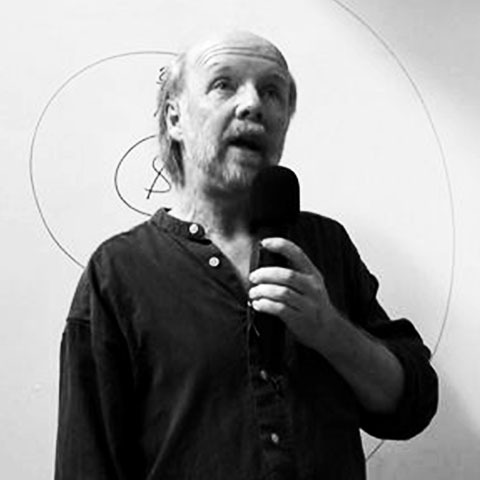
Marten Scheffer
Currently he is Honorary Fellow ex-officio. He was one of the promoters and founders of SARAS Institute, and acted as Chair of the Advisory Board from 2007 to 2018.
Leads the group on Aquatic Ecology and Water Quality Management at Wageningen University, the Netherlands. He works on the analysis of mechanisms that determine the stability and resilience of complex systems. With the help of a Spinoza award and an ERC grant, he is currently working on identifying early signals for critical transitions. He is a member of editorial boards of a number of scientific journals and books. He is also a member of the Scientific Council of the Beijer Institute and the Para Limens Institute.
Marten Scheffer is also a musician: he plays the violin, the mandolin and the guitar.
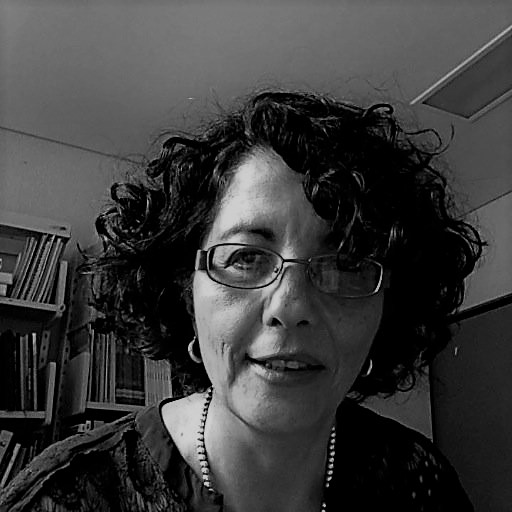
Patricia Balvanera
Patricia Balvanera is a professor at the Institute of Ecosystems and Sustainability Research of the National Autonomous University of Mexico (IIES-UNAM). Her work spans from the dynamics of biodiversity, functions and services in secondary tropical forests, to the dynamics of supply, demand and value of ecosystem services in the context of social ecological systems.
She has been participating in several global initiatives. She is the lead of a global monitoring program on ecosystem services (GEOBON-ES, Global Earth Observation –Biodiversity Observation Network- Ecosystem Services Working Group), and of a Mexican research network in social-ecological systems (Network in Social ecological systems and sustainability). She is the vice-chair of the scientific committee of the Program on Ecosystem Change and Society (PECS), one of Future Earth Programs, and member of the scientific committee of the Leopold Leadership Program. She asssociate editor of the journals Ecology and Society, Ecosystem Services and International Journal of Biodiversity Science, Management and Ecosystem Services. She has contributed to the Intergovernmental Science-Policy Platform on Biodiversity and Ecosystem Services (IPBES) as a Coordinating Lead Author of Chapers I and II of the Guide on Values (Deliverable 3(d) of IPBES) as a Coordinating Lead Author for Chapters I and II. Her research is focused on the links between biodiversity, ecosystem services and human well-being, encompassing issues related to biodiversity dynamics and management, ecosystem service supply, use and value, and links to different components of well-being at different special scales.
Patricia has a broad interdisciplinary approach, derived from her experience as lead and participant of several research and synthesis projects. She is now working towards the promotion of the inclusion of multiple conceptualizations of value across scales and contexts trough her role as the Head of the Technical Support Unit on Values of the IPBES.
She was member of the SARAS Advisory Board from 2017 to 2018.
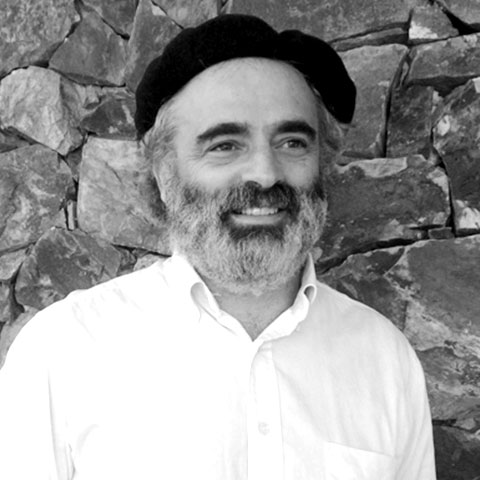
Néstor Mazzeo
Has a degree in Biological Sciences and a PhD in Sciences. He teaches at the Department of Theoretical and Applied Ecology of Eastern Region University Centre (CURE) and the School of Science, University of the Republic (UdelaR). He is a researcher of the National Research System and various graduate programmes in Uruguay. At the undergraduate level, he is a professor of the Bachelor of Biological Sciences and Bachelor of Environmental Management programmes (UdelaR). His main lines of research, teaching and extension are related to ecology and restoration of aquatic systems. Since 2006, he has been involved in the development of SARAS Institute together with Marten Scheffer and members of the Scientific Board.
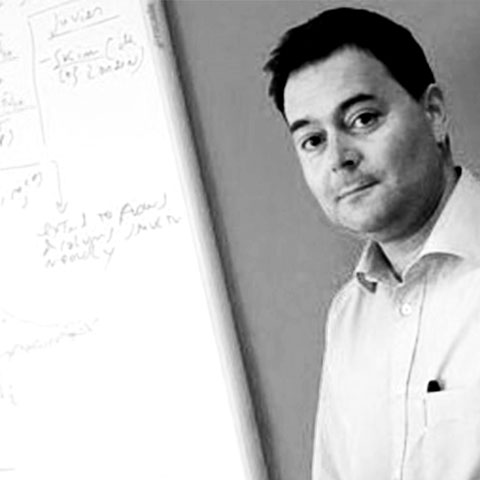
Jordi Bascompte
Jordi Bascompte is Professor of Ecology at the University of Zurich. He has been ranked by Thompson Reuters as one of the most highly cited ecologists in the decade 2002-2012. Among his distinctions are the European Young Investigator Award (2004), the Ecological Society of America’s George Mercer Award (2007), the Spanish National Research Award (2011), and the British Ecological Society’s Marsh Book of the Year Award (2016). Jordi has served in the Board of Reviewing Editors of Science and has been the Ideas and Perspectives Editor at Ecology Letters. His research focuses on the structure and dynamics of ecological networks. As an example, his application of network theory to the study of mutualisms among free-living species has provided a quantitative framework to address mutualistic interactions at the community level. Among his books are Self-Organization in Complex Ecosystems (with R. V. Solé) and Mutualistic Networks (with P. Jordano), both published by Princeton University Press. He was member of the SARAS Advisory Board from 2007 to 2016.
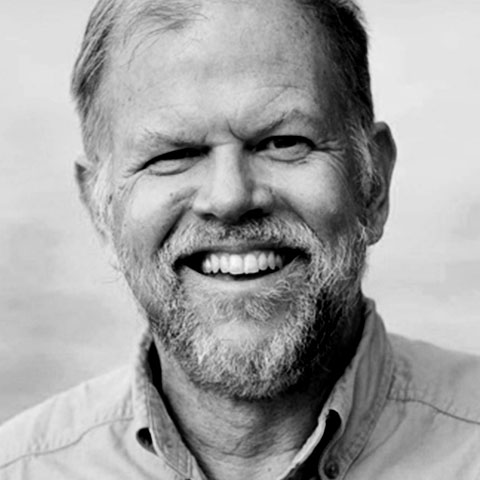
Stephen R. Carpenter
Steve Carpenter is Free-Range Scientist and Emeritus Director and Stephen Alfred Forbes Professor at the Center for Limnology, University of Wisconsin-Madison, U.S.A. Carpenter has led large-scale experiments and long-term studies to understand effects of nutrient inputs, food webs, and contaminants on water quality and fisheries. He served as a co-chair of the Millennium Ecosystem Assessment and President of the Ecological Society of America. Carpenter is a member of the U.S. National Academy of Sciences, a Fellow of the American Academy of Arts and Sciences, a foreign member of the Royal Swedish Academy of Sciences, and the 2011 Laureate of the Stockholm Water Prize. He has advised dozens of graduate students and published 5 books and about 450 scientific articles. He was member of the SARAS Advisory Board from 2007 to 2016.
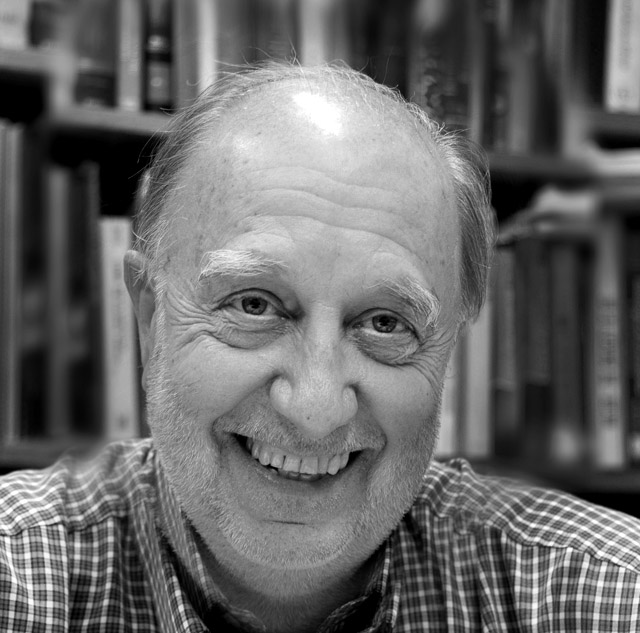
Juan Carlos Castilla
He is Emeritus Professor and Doctor Scientiae et Honoris Causa at Pontificia Universidad Católica de Chile. He has a Ph. D. in Marine Biology (University of Wales, UK), and a Doctor of Science (D. Sc.) degree awarded by the University of Wales. His research fields are marine ecology, marine conservation and socio-ecology in coastal zones, management of coastal resources and small-scale fisheries, among others. He led the design and creation of a marine research facility, “Estación Costera de Investigaciones Marinas” (Las Cruces, Chile), jointly with one of the first University Marine Reserves in the country (P. U. Católica de Chile), where he acted as Director between 1981 and 1994. He has published over 320 papers and has trained more than 110 young marine scientists in Chile and Latin America. Is member of the National Academy of Sciences (USA), Third World Academy of Sciences and Chilean Academy of Sciences (former Vice-President). He has received many awards as Chile National Award on Applied Sciences and Technology (2010), Mexico Prize in Science and Technology (2012); Ramón Margalef Ecology Prize (2010); MIDORI “Prize in Marine Conservation” and the International Award by BBVA Foundation on “Conservation and Biodiversity” (2007). He is Honorary Fellow of SARAS Institute and University of Wales.
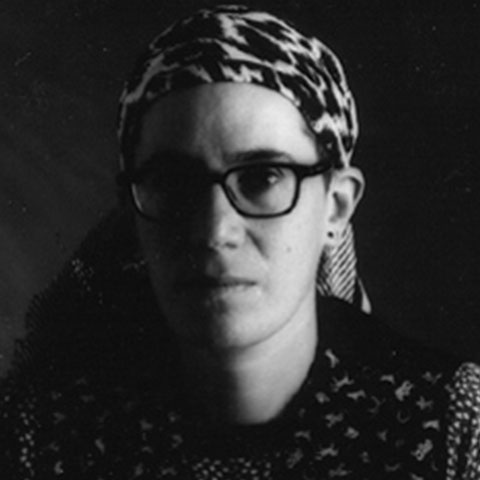
Laurie Beth Clark
Professor in the Department of Art of the University of Wisconsin-Madison since 1985 where she teaches Video, Performance, and Installations, as well as special topics like Collaboration and Relational Aesthetics and different academic seminars in Visual Culture Studies. Her works are mainly large-scale site-specific installations, and often involve the participation of community members. Laurie Beth’s courses are interdisciplinary. She is well known for making the classroom an active and collaborative learning environment where diverse cultural contexts are considered. In her role as Vice Provost for Faculty and Staff Programmes, Laurie Beth Clark is responsible for the hiring strategy and support programs such as the university’s dual-career couple initiative, and leadership and professional development. One of her primary goals is to build a sense of intellectual community among the faculty and staff of the university. Clark received the Schlessinger Award for Mentoring in 2001.
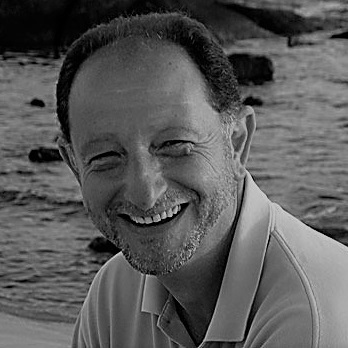
Omar Defeo
Omar Defeo, PhD., is a Full Professor at University of the Republic (Uruguay). He has been working with marine fisheries, focusing on the development of co-governance institutional arrangements which include fishers as actors in decision making processes. His long-term research also includes experimental designs to better distinguish natural variability from anthropogenic impacts in populations and communities in coastal systems. He has co-authored the book «The Ecology of Sandy Shores», three FAO technical papers and more than 150 papers published in major journals. He has supervised more than 90 graduate and postgraduate students from Uruguay, Chile, Brazil, Ecuador, Colombia, Mexico and Italy. He received a Pew Fellowship in Marine Conservation (2010), the SCOPUS award (2010) and the Uruguayan Science and Technology Morosoli Award (2009). He was member of the SARAS Advisory Board from 2007 to 2014.
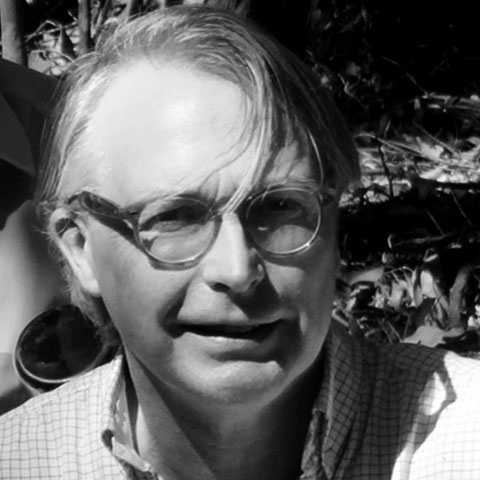
Carl Folke
Carl Folke is a systems thinker in integrative science for sustainability, recognized for his work on social-ecological systems, resilience thinking and biosphere stewardship. Since the mid-1980s he has broken new ground in understanding the dynamic interplay of humans and nature illustrating how progress and prosperity will benefit from reconnecting development to the biosphere. Folke has served as advisor to several research institutes and has a long record of science, policy and practice collaboration, working with key actors from local landscapes to international bodies and enterprises. He founded an organisation for science communication and is genuinely engaged in the arts-science interface. Folke is member of the Royal Swedish Academy of Sciences and the U.S. National Academy of Sciences. He was member of the SARAS Advisory Board from 2007 to 2016.
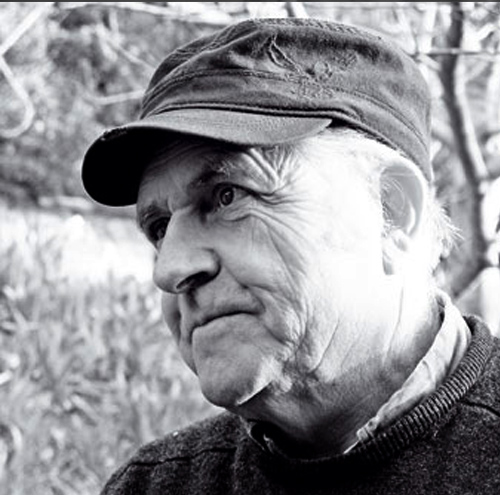
Francisco Gazitúa
He studied philosophy and sculpture at universities in Chile. In addition, he took postgraduate courses in sculpture at St. Martin’s School of Arts in London. He has taught for thirty-five years at Universities in Chile and England. He has trained most of the young sculptors in Chile and many in Latin America and Europe. He is the author of 12 books-catalogs, with texts where he reflects on his sculpture. He is also the author of numerous specialized publications on the history of sculpture in Chile focused on the development and evolution of teaching at the Faculty of Arts of the University of Chile. He has exhibited in the main galleries and museums in Chile and the rest of the world. He lives with his family and works in a granite quarry located south of the Andes, which are the poetic basis of his art. He learned with local artisans, such as blacksmiths and stonemasons linked to indigenous traditions. He is an honorary member of the SARAS Institute.
gazituafrancisco@gmail.com

Angela Leible
She was born in a home of intellectuals, scientists and philosophers. In her whole life, she always lived away from large cities, surrounded by nature, where she raised her children, Violeta and Manuel. She studied geology and arts. She lives at the top of a hill in Los Andes, in a place full of horses, sheep, alpacas, chickens and dogs. She works in an enormous studio, next to her husband’s, who is a sculptor. Her research subject is everything that surrounds her: local history, people who inhabited this place before, who passed through this site, Darwin, for instance, geology, the source of the water she drinks, animals which drink this same water, native cosmogonies, the land she walks on, alchemy. She is a visual artist. She loves painting. It’s her trade. She learned from disciples of Mexican muralists to create large-sized artworks and drawing from European masters.
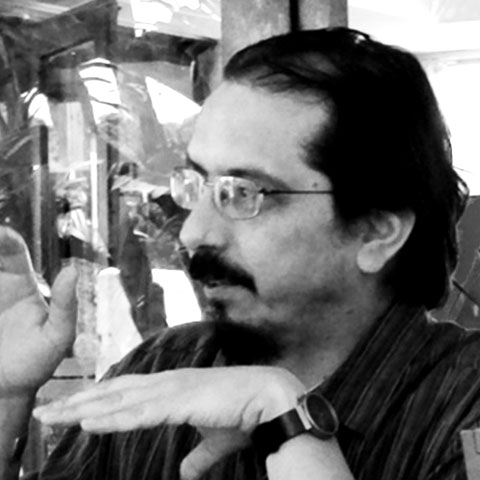
Pablo A. Marquet
Full Professor in the Department of Ecology, School of Biological Sciences, Pontifical Catholic University of Chile; PhD in Biology, University of New Mexico, USA (1993); Postdoctoral Fellowship in Population Ecology, Pontifical Catholic University of Chile (1994). The main focus of his research is macroecology. Due to its synthetic nature, macroecological research does not possess a predetermined temporal or spatial scale of analysis or a particular level of ecological organization; it encompasses phenomena in ecological and evolutionary time and spatial scales ranging from local communities to continental and global biota. What matters is not the scale but the question and the look. As in other branches of science, the search for invariants and general principles in complex systems takes the form of statistical regularities such as escalation rules. He has carried out research into the ecological and evolutionary implications of body size of organisms in an attempt to explain phenomena related to body size distribution of marine and terrestrial organisms in local communities, insular systems and continental biotas. At another level of analysis Marquet investigations have focused on the spatial structure of species assemblages at regional scale, the metapopulation dynamics and the existence of relations between patterns commonly studied separately such as the relationship between distribution and abundance, Taylor’s scaling rule, the log-normal distribution of abundance and nesting. Finally, he also seeks to apply research findings to the conservation of biodiversity and in particular the assessment of the conservation status of animal species. He was member of the SARAS Advisory Board from 2007 to 2017.
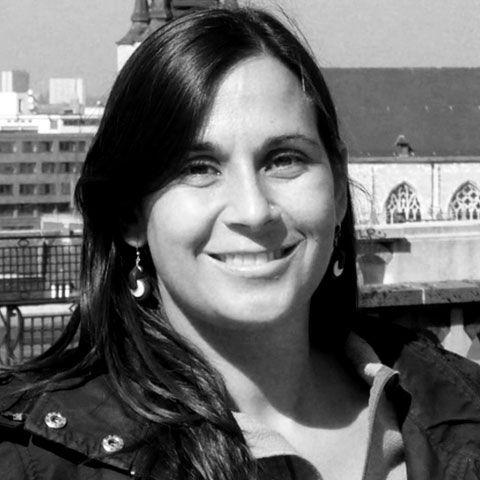
Mariana Meerhoff
Docente e investigadora del Centro Universitario de la Región Este y de la Facultad de Ciencias, Universidad de la República, Uruguay, e investigadora asociada de la Universidad de Aarhus, Dinamarca, institución donde realizó su PhD en Ciencias. Le interesa entender los posibles efectos del cambio climático y de cambios en el uso de la tierra sobre el funcionamiento de los ecosistemas de agua dulce, combinando distintas aproximaciones (experimentos de campo, experimentos de laboratorio, modelos y sustitución de tiempo por espacio) y niveles de organización biológica (desde individuos a ecosistemas).
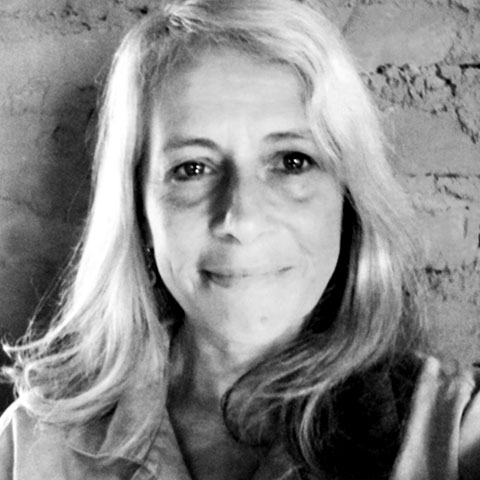
Ana Parma
Expert in fisheries modelling, assessment and management. Her main research interest is the development of stock assessment methods and strong data collection strategies. She is a researcher for CONICET, Argentina, and works on small-scale reef and coastal shellfish fisheries. Furthermore, Parma is interested in contributing to transparent scientific processes, for use in decision-making in fisheries management. As an independent scientist she has been involved in many scientific and policy advisory groups, panels and review committees in many different countries and international organizations. As a member of the Advisory Group to the Commission for the Conservation of Southern Bluefin Tuna, she is currently coordinating the development of a stock rebuilding strategy. She was member of the SARAS Advisory Board from 2007 to 2016.
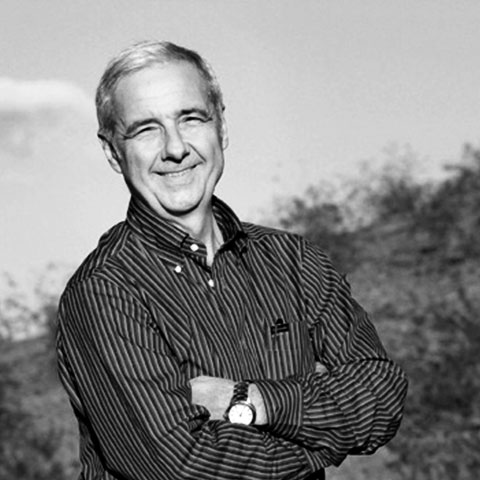
Osvaldo Sala
Osvaldo Sala is the Julie A. Wrigley Professor and Director of the Global Drylands Center at Arizona State University. He came to ASU in 2010 from Brown University where he was the founding Director of the Environmental Change Initiative and the Sloan Lindemann Professor of Biology. Sala has explored several topics throughout his career from the response of arid ecosystems to climate and land-use change to global biodiversity scenarios for the next 50 years. His work has been truly interdisciplinary collaborating with geologists, social scientists, mathematicians and humanists and using a variety of tools from experimentation to simulation modelling. Osvaldo Sala served in numerous national and international institutions from IPCC (Intergovernmental Panel on Climate Change) to the US National Science Foundation. He recently has been elected as President of the Ecological Society of America and is member of the American Academy of Arts and Sciences and Argentinean Academy of Sciences. He was member of the SARAS Advisory Board from 2007 to 2016.
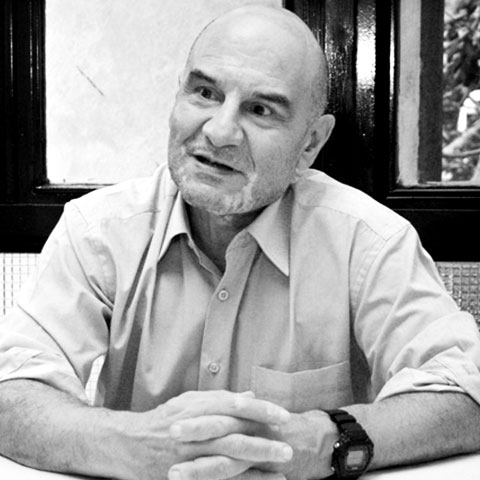
Eduardo Viola
Full Professor of International Relations, University of Brasilia, since 1993 and Senior Researcher of the Brazilian National Council for Scientific and Technological Development (CNPQ) since 1986. At present He is the Chair of the Brazilian Research Network on International Relations and Climate Change. Viola has a Masters in Sociology from the University of Campinas (1978), a Doctorate in Political Science from the University of Sao Paulo (1982) and a Post-doctorate in International Political Economy from the University of Colorado at Boulder. He teaches the Earth Systems Governance Programme at the University of Lundt (Sweden). Eduardo Viola has been visiting professor in several international universities, among them: Stanford, Colorado at Boulder, Texas at Austin, Notre Dame and Amsterdam. He is and has been a member of several scientific committees and has published eight books, more than seventy articles in journals, more than fifty book chapters in several countries and languages on issues of Globalization and Governance, Global Environmental Policy, International Relations in South America, and International Political Economics on Energy and Climate Change. Currently the focus of his research is “The international system in the Anthropocene”. He is interviewed frequently by TV channels, news radios and newspapers.
He was member of the SARAS Advisory Board from 2007 to 2018.
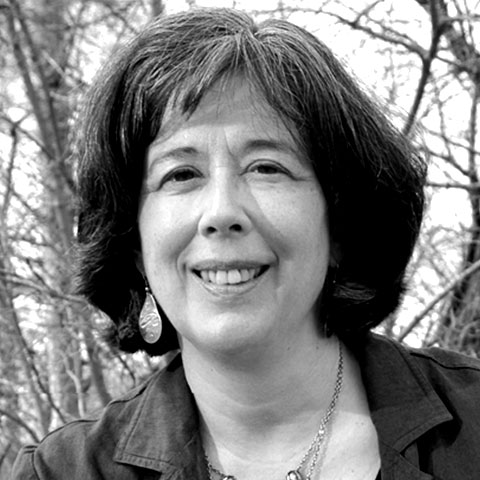
Frances Westley
Joined the University of Waterloo as the JW McConnell Chair in Social Innovation in July 2007. In this role she coordinates an initiative on social innovation in partnership with the J.W McConnell Family Foundation, the University of Waterloo and the Ontario government. Frances Westley is a renowned researcher and consultant in the areas of social innovation, strategies for sustainable development, strategic management and change, leadership and inter-organizational collaboration. Her most recent book, Getting to Maybe (Random House, 2006) focuses on the dynamics of social innovation, and institutional entrepreneurship. Frances Westley serves on numerous advisory boards including Resilience Alliance Board of Science, Emory University School of Ecology, Canadian Biodiversity Institute, Bedford Institute of Oceanography, Stockholm Resilience Centre, and Evergreen Canada. She is on the editorial board of several journals. She is also the recipient of several awards including the Ulysses S. Seal award for innovation in conservation, and the Corporate Knights Award. She was member of the SARAS Advisory Board from 2007 to 2016.
